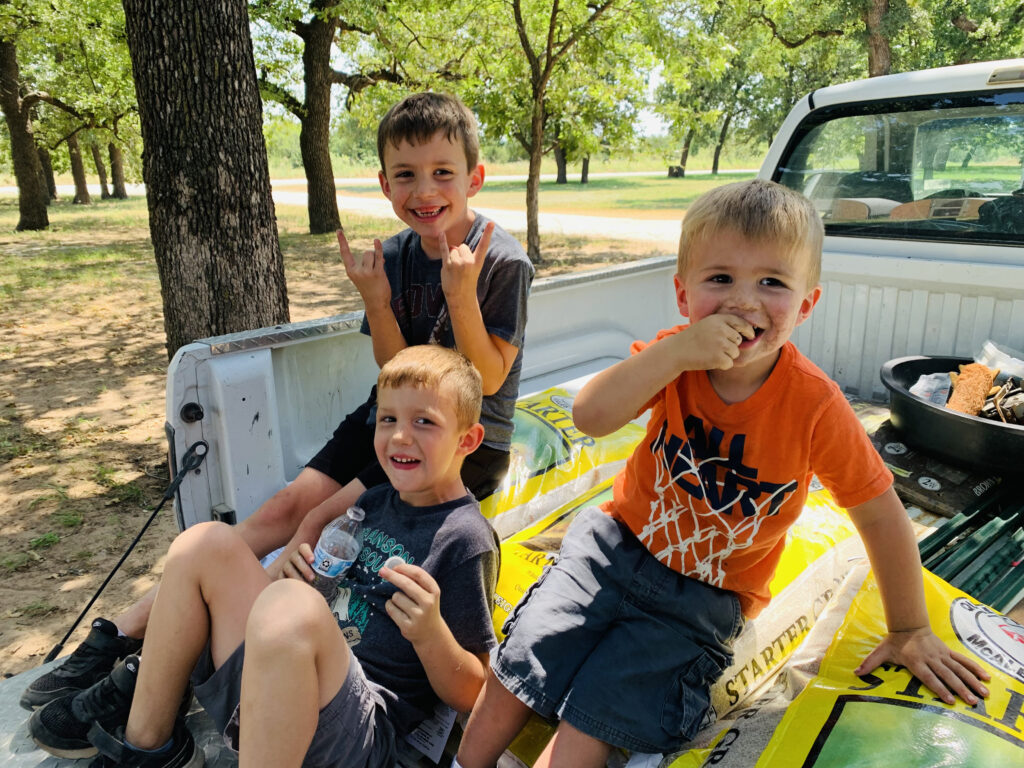Farm & Ranch
Hoffman’s Poultry: Passion and Production
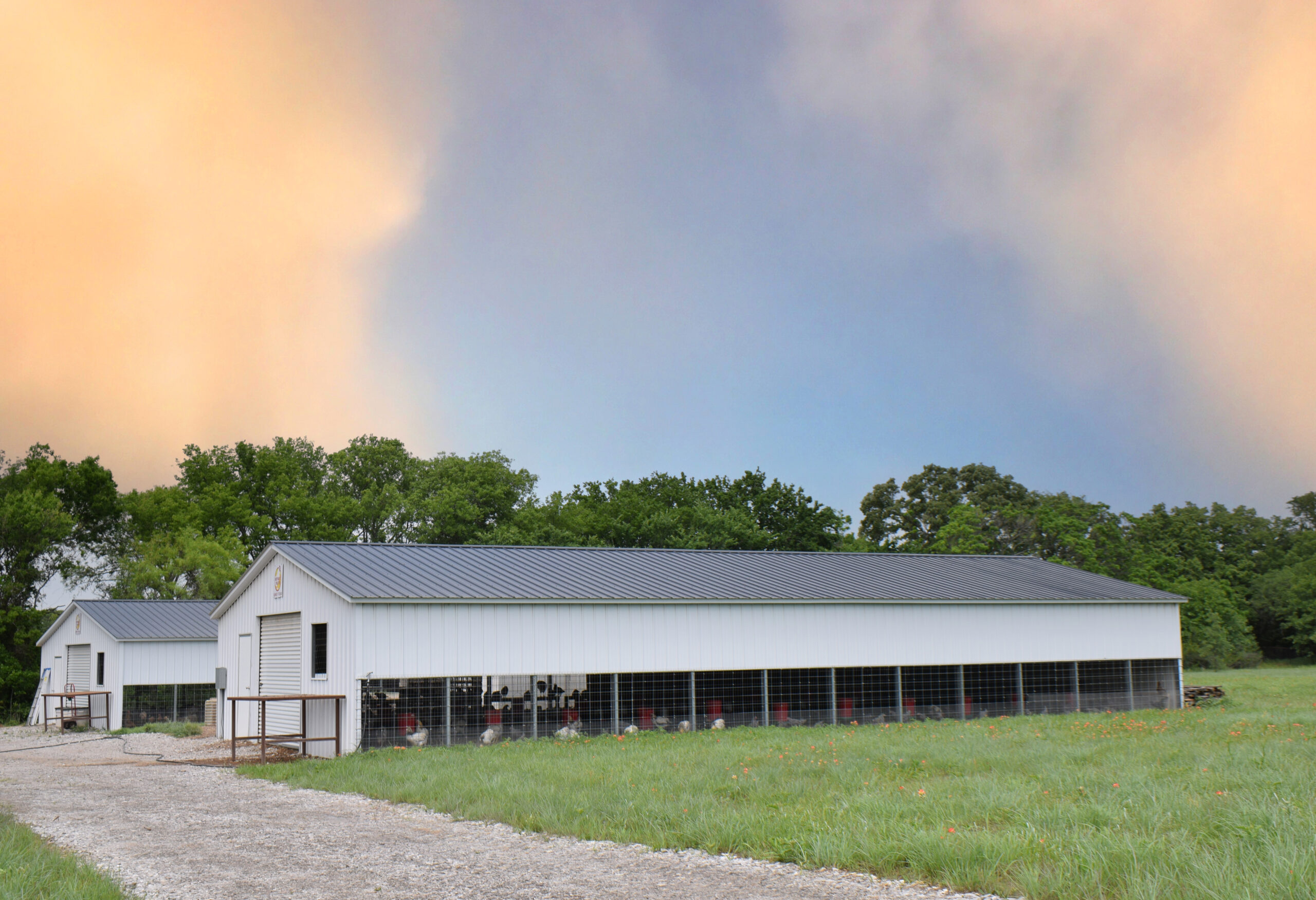
When the Covid-19 pandemic struck, the country experienced a major shift in food production as Americans began seeking natural, organic sources. This trend saw a major rise in the poultry industry, as many turned to raising chickens as a low-maintenance daily food source.
At the time, Justin Hoffman had just begun to return to the agricultural roots in which he was raised, founding Hoffman’s Poultry. Since that time, the business has grown exponentially as a family-run operation that offers chicks, started pullets, and ready-to-lay hens to customers primarily in North Texas and Southern Oklahoma.
Raising poultry has not been an easy task, as they have gotten a taste of just how hard the industry truly is, but it is a business and lifestyle that the Hoffmans have come to appreciate and love, with no plans of slowing down.
“Farmers and ranchers, especially those who have prevailed for years, are my heroes. In the five years since the founding of Hoffman’s Poultry, I am beginning to comprehend what a successful farmer is,” Hoffman pondered. “It’s a person with exceptional drive, self-motivated, jack-of-all-trades, but also an expert in all, with a salt-of-the-earth work mentality. A farmer is humble, a strategic partner with other farmers and local businesses, and who has values beyond themselves. Some say it’s a lifestyle that sounds miserable for all work and no play. I disagree. I love it. I love the challenge, the strain on your daily motivation to keep going, the building of relationships you must cultivate, and the reward in satisfying a customer and the financial compensation that we created ourselves. It’s an exhilarating experience that I want to pursue as long as I’m alive.”
From the Beginning
Hoffman was raised on 120 acres near the small town of Vashti, Texas, in the southeastern part of Clay County. His parents, Bryan and Janice Hoffman, showed their children a strong work ethic through their example as they both worked off-farm jobs but always maintained side hustles.
“My dad instilled in us that if there was daylight, there was a dollar to make. My parents instilled a great work ethic in my two brothers and me, and I am forever grateful,” Hoffman said.
To read more, pick up a copy of the June issue of NTFR magazine. To subscribe by mail, call 940-872-5922.
Farm & Ranch
Managing Show Cattle Through The Winter

By Heather Welper
Husband and wife duo, Heather and Calvin Welper, are the Co-Owners and Operators or Two C Livestock, located in Valley View, Texas.
The pair’s operation has a show cattle focus where they raise and sell purebred heifers of all breeds and club calf Hereford steers.
When it comes to show cattle, the Welpers know a thing or two including how to prepare for the cold winter months and the Texas major show season run.
To read more, pick up a copy of the November edition of North Texas Farm & Ranch magazine, available digitally and in print. To subscribe by mail, call 940-872-5922.
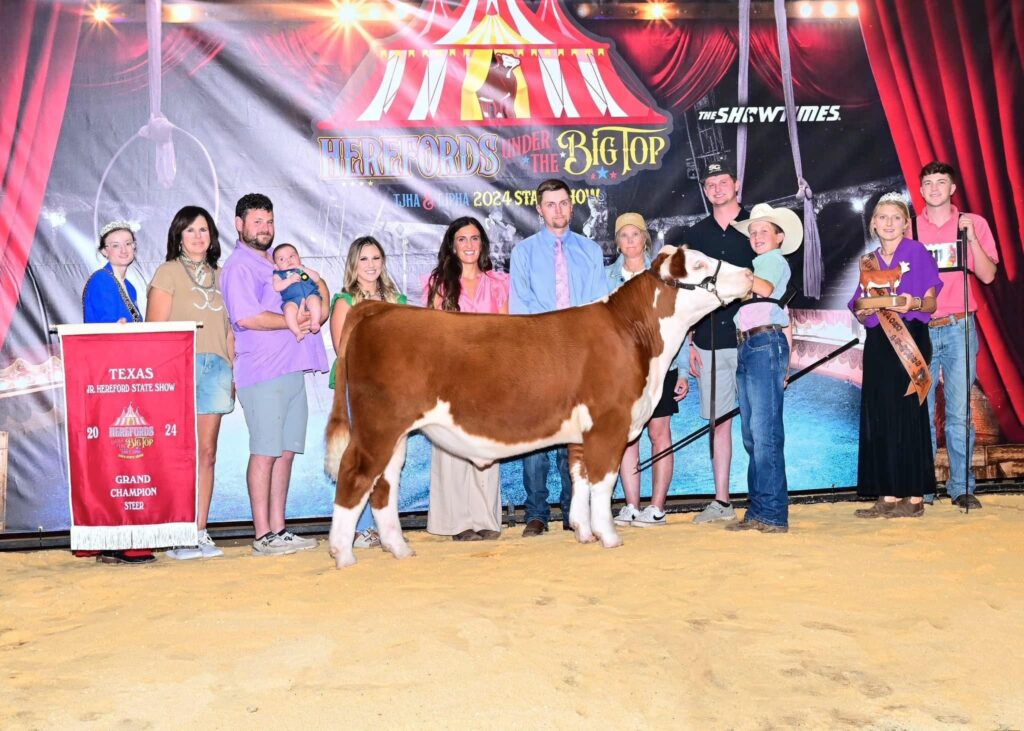
Farm & Ranch
Double M Ranch & Rescue

By Hannah Claxton, Editor
As the sun rises each day, so do the dozens of mouths that Meghan McGovern is responsible for getting fed. Rather than the sounds of a rooster crowing, McGovern hears the bellows and bleats of a variety of exotic deer, the chortle of kangaroos, the grunts of water buffaloes, and the chirps of a lemur.
Nestled against the banks of the Red River, the Double M Ranch and Rescue, with its high game fences and deer sprinkling the landscape,s its in stark contrast to the surrounding ranches.
“Having deer is kind of like eating potato chips- you can never actually have just one,” said McGovern with a laugh.
McGovern has several herds to take care of- fallow deer, axis deer, water buffalo, goats, and bison. In smaller numbers, there’s also a few kangaroos, a lemur, a potbelly pig, a pair of zebras, a watusi, and a few horses.
To read more, pick up a copy of the November edition of North Texas Farm & Ranch magazine, available digitally and in print. To subscribe by mail, call 940-872-5922.
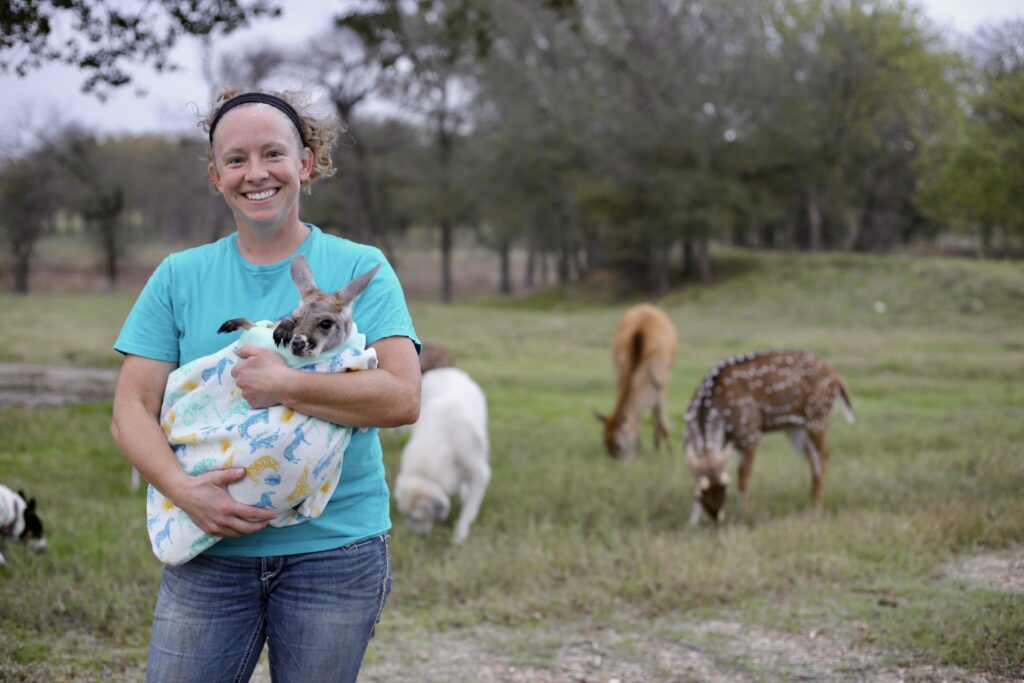
Farm & Ranch
Acorn Toxicity
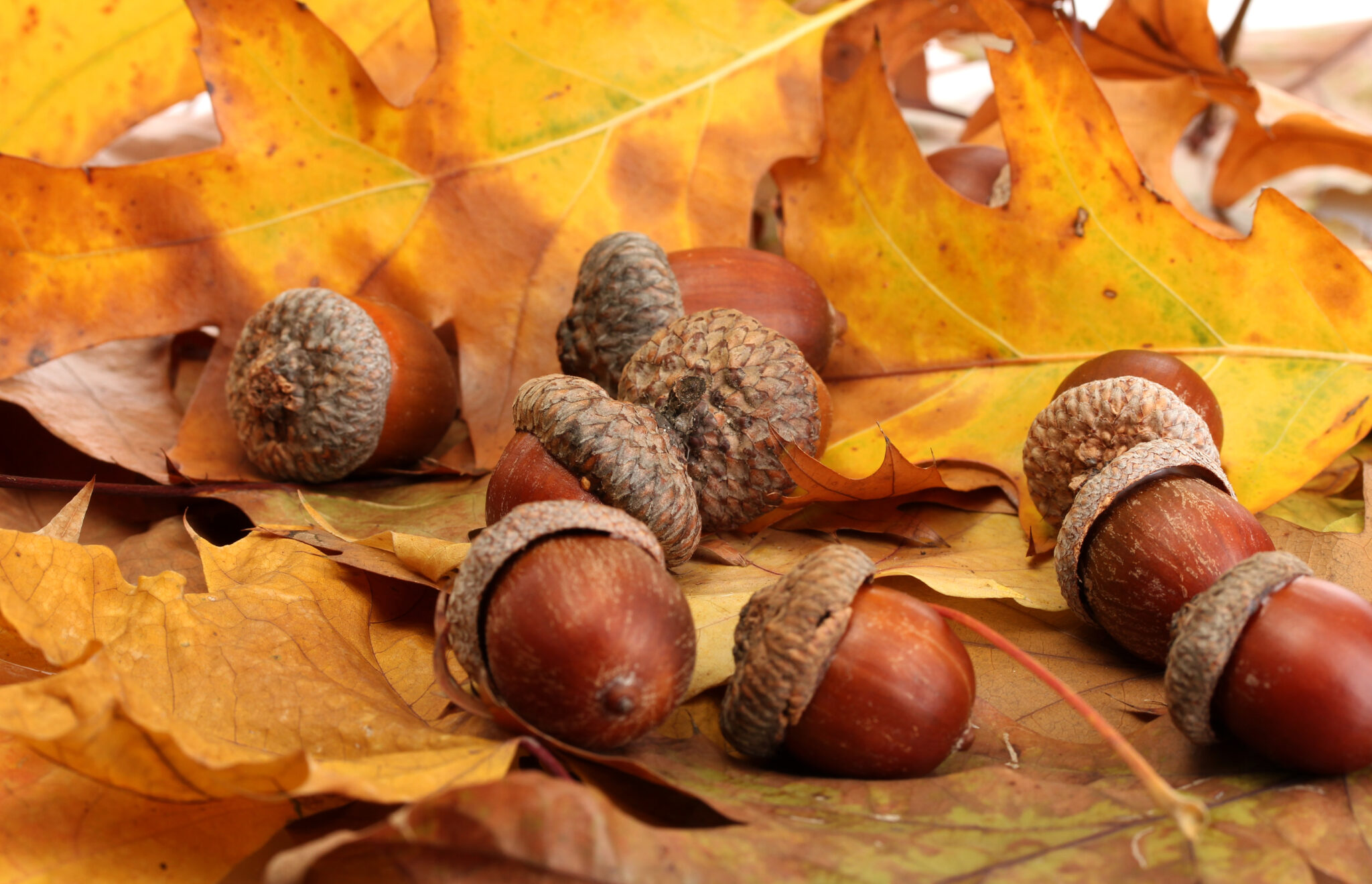
By Barry Whitworth, DVM, MPH
With the prolonged drought, most pastures in Oklahoma end up in poor condition. With the lack of available forage, animals may go in search of alternative foods.
If oak trees are in the pastures, acorns may be a favorite meal for some livestock in the fall. This may result in oak poisoning.
Oak leaves, twigs, buds, and acorns may be toxic to some animals when consumed.
To read more, pick up a copy of the November edition of North Texas Farm & Ranch magazine, available digitally and in print. To subscribe by mail, call 940-872-5922.
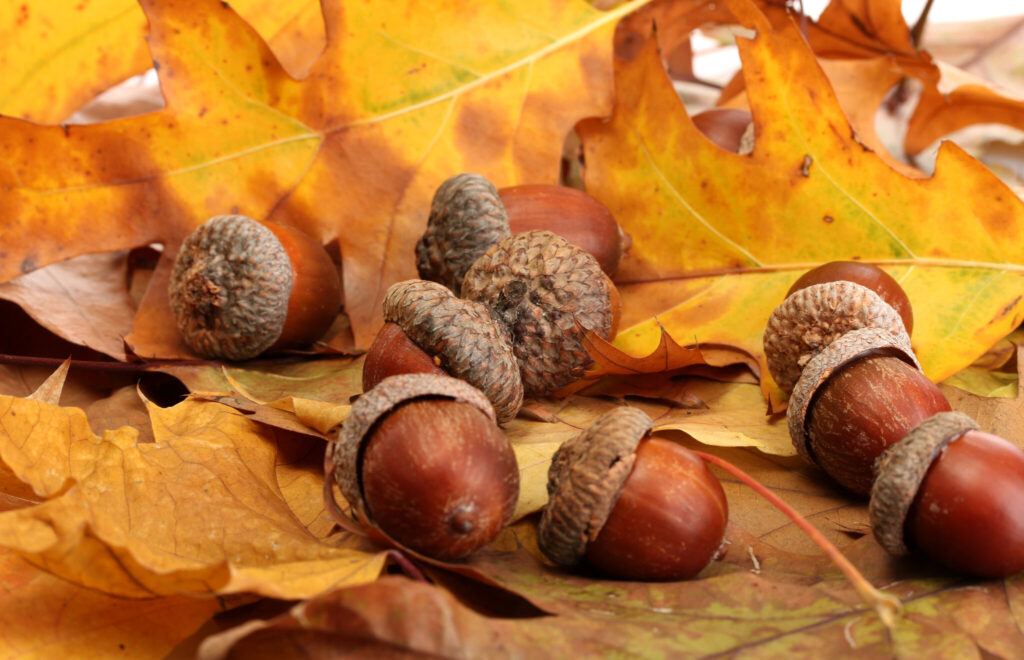
-

 Country Lifestyles2 years ago
Country Lifestyles2 years agoScott & Stacey Schumacher: A Growth Mindset
-

 Country Lifestyles8 years ago
Country Lifestyles8 years agoStyle Your Profile – What your style cowboy hat says about you and new trends in 2017
-

 HOME8 years ago
HOME8 years agoGrazing North Texas – Wilman Lovegrass
-

 Outdoor10 years ago
Outdoor10 years agoButtercup or Primrose?
-

 Country Lifestyles5 years ago
Country Lifestyles5 years agoAmber Crawford, Breakaway Roper
-

 Country Lifestyles9 years ago
Country Lifestyles9 years agoJune 2016 Profile – The man behind the mic: Bob Tallman
-

 Equine1 year ago
Equine1 year agoThe Will to Win
-

 Country Lifestyles8 years ago
Country Lifestyles8 years agoDecember 2016 Profile, Rusty Riddle – The Riddle Way

